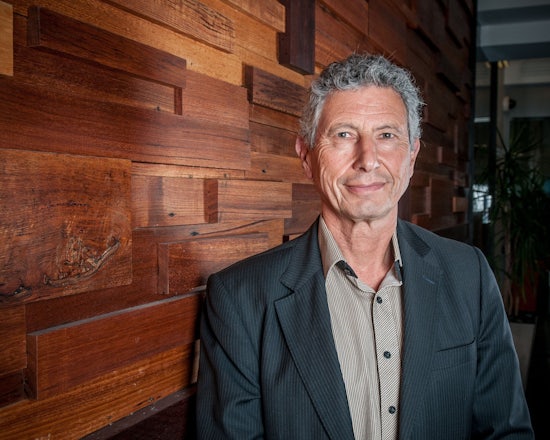Let aged care be health system’s ‘prevention’ army
Ray Glickman, Amana Living chief executive, asks why the federal government is too fragmented to do some simple sums that could significantly reduce health care costs.

Ray Glickman, Amana Living chief executive, says only by eradicating the fragmentation between the health and aged care systems can we address the escalating health costs of an ageing population.
Why aren’t we investing more to prevent admissions to the higher care and expenditure level?
It doesn’t take a mathematical genius, or even a shrewd policy maker, to see that prevention of hospitalisation ought to be a top priority for older people.
Not only would a greater investment in residential aged care and home care constitute good prevention strategy – ie in monitoring health, preventing falls etc – but the increasingly high care nature of care facilities also means that they are operating with a high level of clinical capability.
The aged care sector is therefore perfectly placed to be the health system’s prevention army. We have the expertise. We can keep older people out of hospital, but the government needs to make a contribution based on the real cost of care.
Amana Living has recently entered into the transition care business. This program, designed to help older people to achieve their highest level of independence after a stay in hospital, makes so much sense that it’s hard to believe it actually exists.
Even then, there are perverse arrangements that mean the Government invests more in accommodating someone temporarily to get them ‘right’ (about $300) than supporting them permanently to keep them ‘right’ ($200).
Unfortunately, we operate within an incredibly inefficient landscape of delivery of health and ageing-related services. Presently each tier of government looks after its own financial interest, but not that of government as a whole and therefore of taxpayers as a whole. The absurdly short electoral cycle also works strongly against the adoption of longer term preventative strategies.
Only by eradicating this fragmentation between the health and aged care systems can we hope to address the escalating health costs resulting from our ageing population.
The federal government needs to look at the bigger picture and do the sums.























